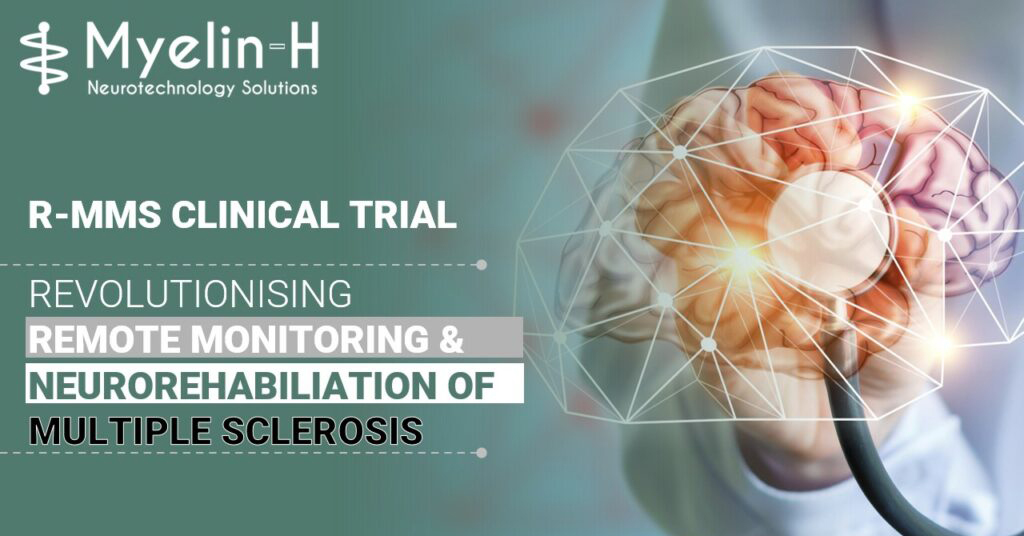News
Translating research into clinical applications

The University-LIH joint Disease Modelling Screening Platform
The COVID-19 pandemic has shown that conducting strong translational research is key to combating the coronavirus. By leveraging cutting edge laboratory techniques to study patient samples, translational research quickly pivots laboratory discoveries into new therapies for patients, in a process known as the bench-to-bedside approach. Luxembourg has established excellent transversal and translational research, spanning several research topics and disease areas and integrating the results to provide holistic and meaningful insights that can tangibly improve clinical outcomes for patients.
In this context, the University of Luxembourg and LIH have created a first inter-institutional research platform: the Disease Modelling Screening Platform (DMSP), a core facility for translational research. The platform is one of the instruments of the recently signed bilateral agreement between the University and LIH to cooperate through participation in joint research projects and programmes, the development of common research platforms, the creation of inter-institutional research groups and the collaboration in doctoral education.
The highly translational dimension and purpose of DMSP are fully reflected in its governance and staff composition, which leverage the expertise of the Luxembourg Centre for Systems Biomedicine (LCSB) on the one hand, and of LIH’s Personalised Drug Discovery research group and Transversal Translational Medicine (TTM) on the other. DMSP is currently led by Dr Yong-Jun Kwon (LIH), Head of the Early Drug Discovery Platform of the Personalized Drug Discovery unit, who supervises the implementation of several drug screening programmes on the LIH side, while Prof Dr Rejko Krüger, joint professor for Neuroscience at the University and Director of TTM at LIH, has been involved in the platform since its early conception.
Indeed, the origin of the platform dates back to 2014, when Prof. Krüger joined the Luxembourg Centre for Systems Biomedicine (LCSB) of the University of Luxembourg with an FNR PEARL grant and a mission to bridge clinical patient care and basic research, and ultimately improve our understanding of Parkinson’s Disease. The original idea was to create a more patient-centered approach and use patient-derived cellular models that were established in the labs to develop new treatments for Parkinson’s Disease in the future. An automation platform, established in 2016, applied a specific cell screening technique to discover neuroprotective compounds as part of repurposing already approved drugs.
Today, the ambition of the LIH-University collaboration on the DSMP is to make translational research sustainable. In line with the transversal and translational vision, the DSMP is no longer limited to Parkinson’s Disease. Indeed, it will also support research projects on a variety of different disease areas, such as cancer and pain therapy. The close interinstitutional partnership and trust between LIH and the University thus ensure the coherence and full integration of the activities of DMSP within the relevant LIH units and within LCSB, thereby enabling the innovative transversal character of the platform.
“By using stem cell-based models we can test a large library of different, already FDA (Food and Drug Administration) approved drugs, with the objective to repurpose existing compounds initially validated for specific conditions to treat patients with other medical indications. Aspirin, for example, was developed for headaches, but may also be used to prevent strokes”, says Prof. Krüger.
The cell models used in the laboratory help to understand and to modulate the molecular pathways. “When we observe that a protein is missing, for example, we screen for compounds that may bring the protein back. Or if we know that a new receptor plays a role in disease modulation, we investigate which drugs can selectively activate this receptor”, Prof. Krüger explains.
“The joint efforts between our research groups at LCSB and LIH and the ability and willingness of the staff of the two institutes to adopt a ‘one-team’ mindset have allowed us to set up DMSP as the first successful inter-institutional drug screening platform in Luxembourg. I am positive that our approach will continue to support the delivery of impactful results of valuable translational interest”, states Dr Yong-Jun Kwon, Head of DMSP.
“Our institutions have a common ambition: further developing Luxembourg into a renowned centre of excellence in research and innovation and to offer high-quality education to undergraduate and postgraduate students. For this, collaboration and pooling expertise are key”, says Prof. Jens Kreisel, Vice-Rector for Research of the University.
“The LIH-University of Luxembourg framework agreement builds on the deep trust and respect between the institutions, their leadership and researchers, which has been strengthened through Research Luxembourg, particularly during the pandemic”, says Prof. Ulf Nehrbass, CEO of LIH. “It is this coordination and alignment which will ensure international competitiveness for the years to come”, he concludes.
ADDITIONAL INFORMATION
CONTACTS








